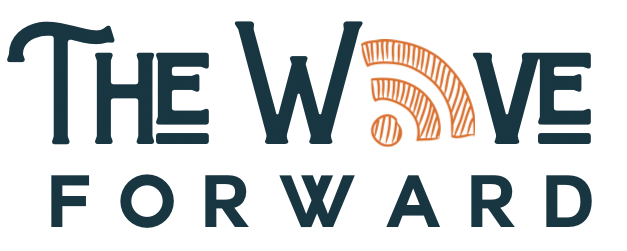The Influence of Good and Bad Science
Science is everywhere, permeating every aspect of our lives – from the food we eat and the medicines we take to the technology we use and the policies that shape our society. However, distinguishing between good and bad science can be challenging, and misinterpretations can have significant implications.
Good science follows a rigorous process, making objective observations, forming hypotheses, conducting experiments, and drawing conclusions based on the results. It is transparent, with methods, data, and conclusions open to scrutiny by peers. This quality control process helps ensure that the conclusions drawn are reliable and trustworthy.
On the other hand, bad science is characterized by a lack of transparency, misuse of statistics, hasty conclusions, and conflicts of interest. It can stem from genuine mistakes, biases, or deliberate manipulation for personal or commercial gain.
In our everyday lives, we’re exposed to a barrage of scientific claims, many of which are examples of bad science. From nutrition advice to product endorsements, these claims can influence our decisions, often to our detriment. For instance, the widespread belief in detox diets is a result of bad science, with numerous studies such as this one showing they offer no significant benefits.
Misinterpretations of science can have wide-ranging impacts. They can fuel misconceptions, erode trust in science, and even lead to harmful behaviors. The COVID-19 pandemic has provided numerous examples, with misinformation leading to the use of ineffective or harmful treatments, and contributing to vaccine hesitancy.
How do we protect ourselves from bad science?
- Firstly, we need to be skeptical of extraordinary claims. If something sounds too good to be true, it probably is.
- Secondly, we should look for transparency in the methods used and check for peer review.
- Thirdly, we must consider the source of information, giving more weight to claims from reputable sources.
- Finally, we must remember that science is a process, and our understanding evolves over time.
In conclusion, good science and bad science both shape our daily lives and being able to distinguish between the two is crucial. As informed citizens, we must take the responsibility of discerning fact from fiction seriously and base our decisions on reliable scientific evidence.





